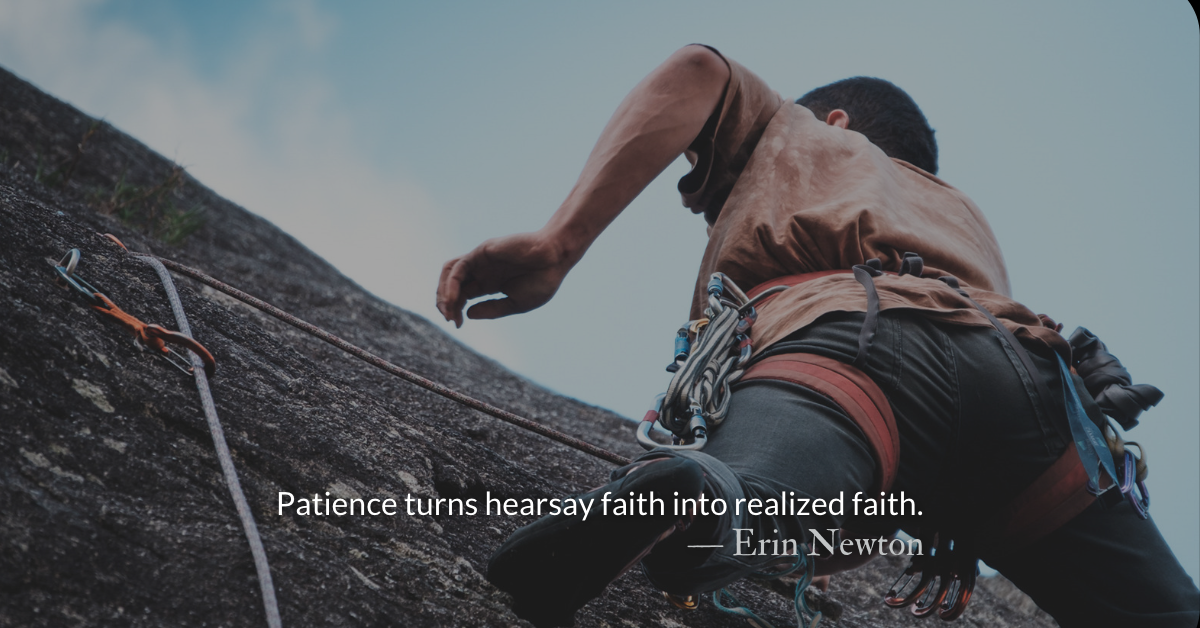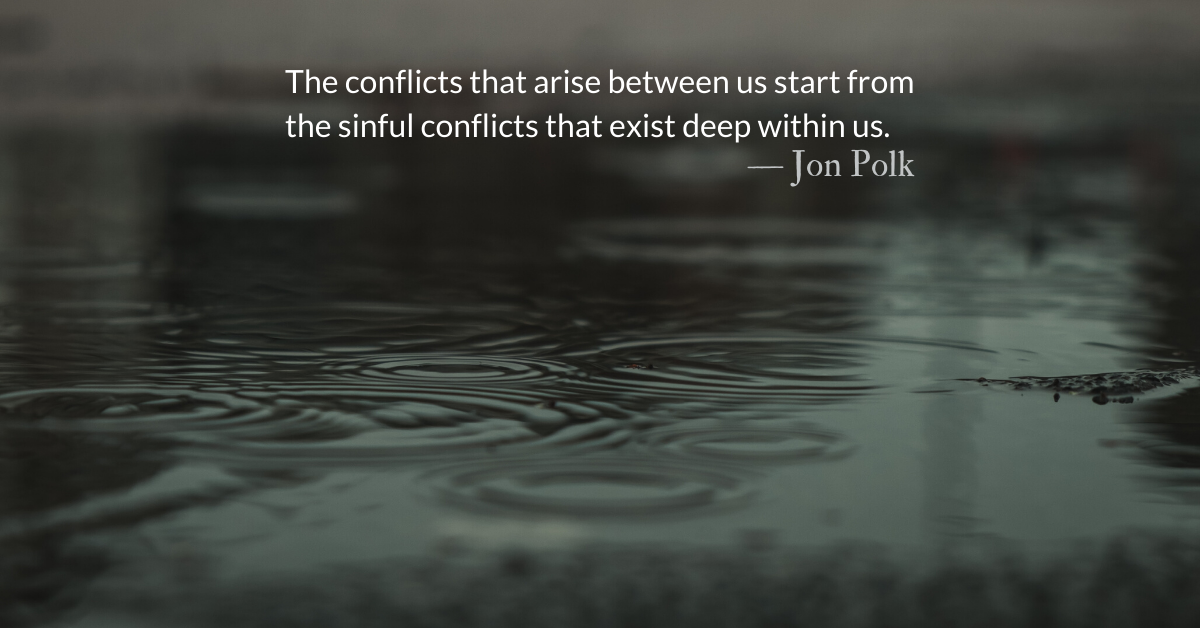Scripture Focus: James 5.11
11 As you know, we count as blessed those who have persevered. You have heard of Job’s perseverance and have seen what the Lord finally brought about. The Lord is full of compassion and mercy.
Reflection: The Patience of Job
By Erin Newton
Some English versions use the phrase, “the patience of Job.” Really? If you remember the book of Job, patience is typically not the description you had in mind. The Old Testament story of Job reveals a man in the midst of great peril and distress. He lays out his petition before God, pleading for an answer, “Why me? What did I do to deserve such suffering?” Job’s words are tense and angry. He speaks openly through his pain and spares no words.
We can look at the end of Job’s story and see that God restores him once more. We might call that “patience,” but it looks very different than what we would expect.
There is another story of Job that you might not know. The Testament of Job is a Greek version of Job’s story and was not included in the Protestant Canon. This story emphasizes the patient, long-suffering nature of Job and includes a message from Job to his children to be patient, for “patience is better than anything.”
Both stories about Job reveal the essence of patience: keeping the faith. Despite the bitterness of Job’s words in the canonical book, he proclaims, “My ears had heard of you, but now my eyes have seen you.” Patience turns hearsay faith into realized faith.
Patience has been a theme of James 5. Be patient like a farmer waiting for the Lord. Be patient in your interactions with one another. Be patient like the prophets who spoke of promises and days that they would not live to see.
What is patience? Patience is perseverance. Patience is the long and steady endurance of faith. Patience is waiting for God to answer your prayer. Patience is waiting for the healing of the sick. Patience is asking God to show a miracle and waiting years to see it happen.
The trials and struggles of life will test our perseverance. Our patience with ourselves, one another, and God will wear thin. We will speak angry words in our prayers and speak judgments on our neighbors. James understands the reality of the difficulty of patience.
James’ final words are a picture of patience that wanes during trials. When perseverance fails, a person wanders from the faith. James knows the amount of patience required for one to seek out their lost friend. Yet, we consider it a blessing to persevere for Christ and our neighbors.
Divine Hours Prayer: The Small Verse
The people that walked in darkness have seen a great light; on those who live in a land of deep shadow a light has shone. — Isaiah 9.1
– From The Divine Hours: Prayers for Springtime by Phyllis Tickle.
Today’s Readings
Numbers 10 (Listen 4:11)
James 5 (Listen 3:01)
Read more about Job’s Christlikeness
Job is an early “type” or example of Jesus. He demonstrates or proves God’s righteousness through suffering and death.
Read more about Lamenting With Job
Lament is frequent and important in the Bible and should be in our lives as well.









